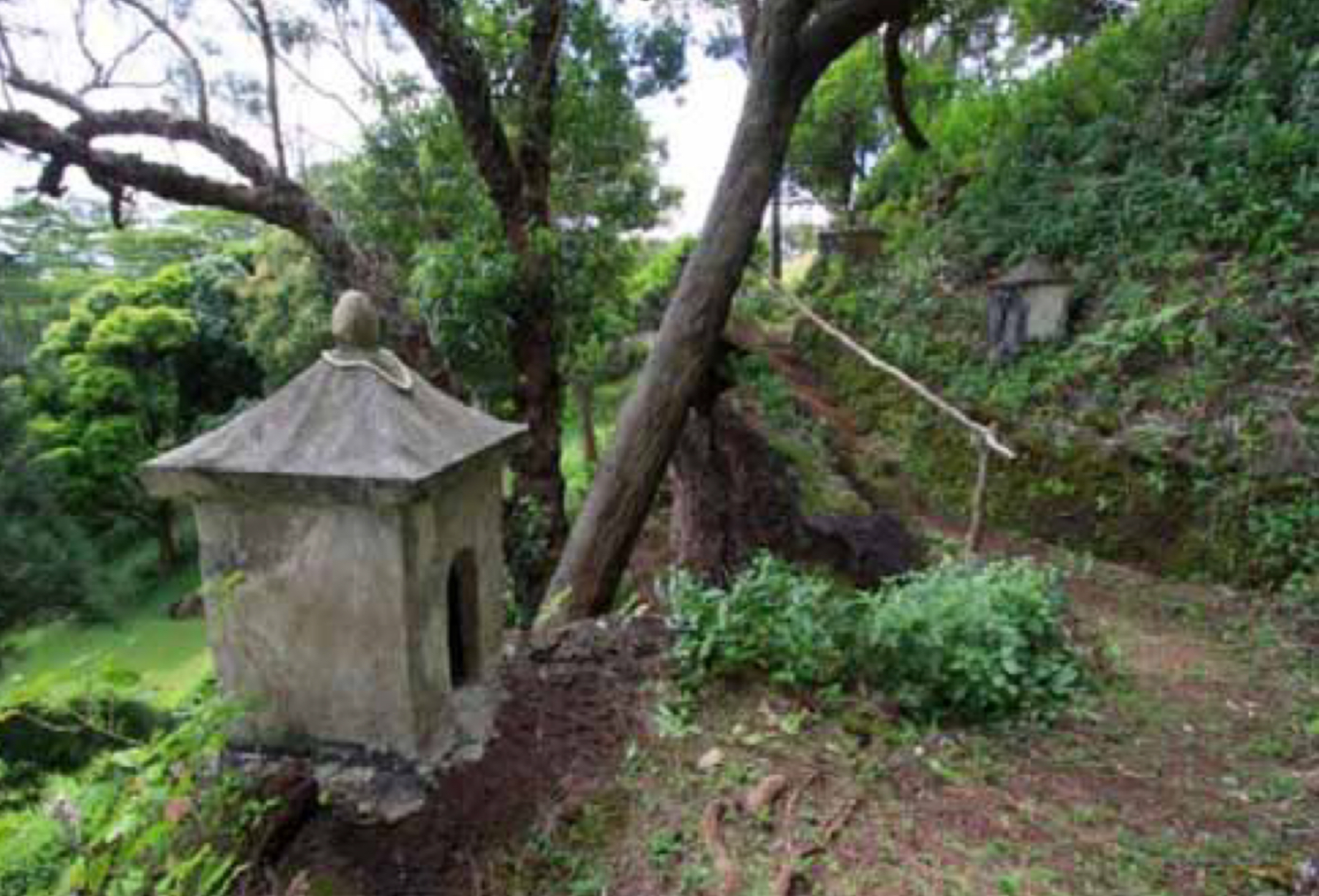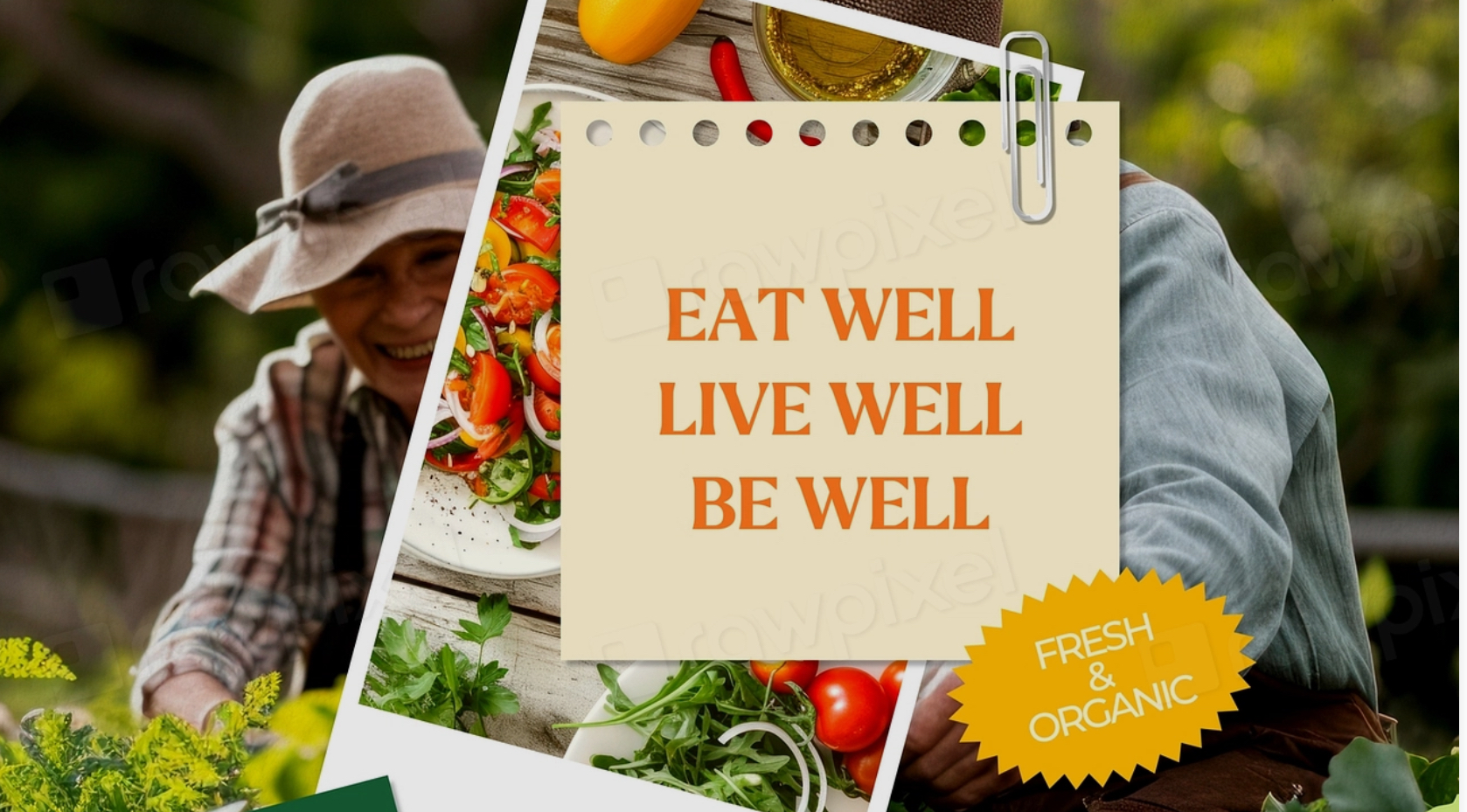
Kidney sisters Judith White (l) and Janis Mordonada (r). Photo by Anne E. O'Malley
Janis Mardonada was dying. Judith White did an extraordinary thing. She donated one of her kidneys so that Janis could live.
No person in White’s family had ever given or received an organ prior.
“I felt like I was really led to call her and offer her my kidney,” says White. “I felt very resolved and calm and like there had been some kind of spiritual force behind that.”
Most of her adult life, Judith White has worked out and feels she’s in pretty good shape. Feeling fit gave her the confidence to make a life-altering decision to give the gift of life to someone else.
“I’ve been doing Bikram yoga for seven years now and bicycling and step aerobics,” says White. “And I’ve been doing CrossFit for about seven months.
I’m there two days and two days at Bikram.”
“I like that it’s challenging and a really good strength training workout.
When For Kaua`i caught up with her, it was a CrossFit day and she’d just finished her workout. It changes daily and is posted on the website at kauaicrossfit.com, she said.
“Today’s workout was a hard one,” she said, “including a warm-up of a 400-meter run, 50 squats, 40 sit-ups, 30 jump rope double unders, 20 pushups — and then the same thing, but in reverse. And then do it all again for a total of three times.”
How the two women met
A clinical psychologist for 20 years — 12 of them on Kaua`i, White works for the approximately 18-year-old Mokihana Project. It’s an integrated model of mental health delivery involving the Department of Education and the Department of Health with a mission to deliver appropriate mental health services for children and families so that these children may benefit from their education.
It is in the workplace that White met Janis Mardonada, who today is a mental health supervisor in the Lihu`e office near the old Lihu`e Theatre. The two women knew each other as fellow workers; Janis, eight years younger, is Judith’s supervisor.
Says Mardonada, “I supervise family support workers for the Mokihana Project. We work with the tough kids.
“Judith and I work with suicidal, homicidal, ADHD kids. And with the way the world is, and the economy, the kids are taking the real brunt of it.
White makes the call
“Around Christmas 2008, I learned that she was very sick” says White. “I guess her kidney disease progressed very rapidly, and by Christmas, she was on dialysis several times a week and very ill — she almost died over Christmas.
White learned that Mardonada needed a kidney and decided to donate one of hers.
“I was led to call her right before Christmas,” says White. “I felt it was good match and would work out.
“I was resolved and had no hesitation at all. I knew I was helping and knew I would still have a kidney.”
White gave 36 vials of blood for the tests that also included an ultrasound. A psychologist interviewed her to make sure she understood exactly what she was committing to and investigated how White would feel, for example, were her kidney to be rejected, or the patient died.
“I knew I was healthy. I got everything checked out,” says White.
“It turned out Mardonada and I had the same blood type and were a tissue match, and all went like clockwork as soon as I decided to donate,” says White.
Janis is dying
Kaua`i-born and raised, Janis Mardonada found that by age 49, her kidneys were operating at only 5 percent.
“In December 2008, I was home ill from work and Judith called me and said, ‘I’m going on vacation, how’s your kidney?’ I said it’s all right, not knowing it was going downhill slowly.
“She said, you know what? I’m going to give you a kidney. It’s for Christmas. I said thank you very much. It made me feel kind of weird. She’s not a relative, or best friend — I just know her from work.
Mardonada was dying — she just didn’t know it. She’d lost 22 lb. in 10 days.
When she saw her physician, he asked how she was doing and she responded, “fine,” but her husband, Stephen, told him no, she was not OK, and that she wasn’t eating. By January 3, she was on dialysis.
“I didn’t want to do it,” says Mardonada of the dialysis. “I think the world is cruel sometimes, so I said I’m going to check out already.”
To this day, she says she hasn’t figured out why she had that attitude.
“My son, a senior in college, called me and said, ‘Mom, please, you’ve got to do it.’ I think I was in denial about losing my kidneys.”
Mardonada says that a part of her wanted to die and that another part of her felt that because nothing this major had ever happened to her prior, that it couldn’t be happening now.
Says Mardonada, “We read in the paper that people wait years for a transplant and that in 2008, that 17 people had died waiting for transplants in Hawai`i.”
Mardonada’s mother, Janet Apana told her that if no donor appeared, she would donate her kidney. Apana was 73 at the time.
Says Mardonada, “I said, Mom, that’s too much. You already gave me life.”
She had two friends who thought to donate, also.
“Those wanting to donate made me think about life,” says Mardonada. People really stepped up to the occasion.”
Asked why she thought friends wanted to help her, Mardonada says, “One girlfriend said, ‘you give so much to people, now it’s your turn. She said I help so many people, give so many things.”
Giving/Receiving Life
On March 24, 2009, Judith White had one of her kidneys removed and it was transplanted into Janis Mardonada. It started up right away,
Says White, “I would kid Janis, before the surgery. I’d tell her she was going to love dark chocolate and exercise a lot.
“We were both recovering and Janis called me the day after surgery and said, ‘Do you like turkey?’ I said yes, I love turkey sandwiches, and Janis said, ‘I used to hate turkey and I’m craving it now — Stephen is out getting some.’”
Mardonada says she’s walking every day and working two jobs, the same as she has since she was 15 years old.
“I’m not going to worry about the small stuff anymore,” says Mardonada. “I’m just going to live — I appreciate every day I’m alive.”
When they meet, the two greet each other with deep affection, giving each other a hug and doing their “kidney bump” — that is, bumping each other on their good kidneys.
“Judith is my angel,” says Mardonada. “We call each other kidney sisters. I love her dearly.”
Says White, “I feel really grateful I was healthy enough to do it and feel very pleased every time I see Janis and see her healthy and alive.”
Discover more from ForKauaiOnline
Subscribe to get the latest posts sent to your email.








Leave a Reply